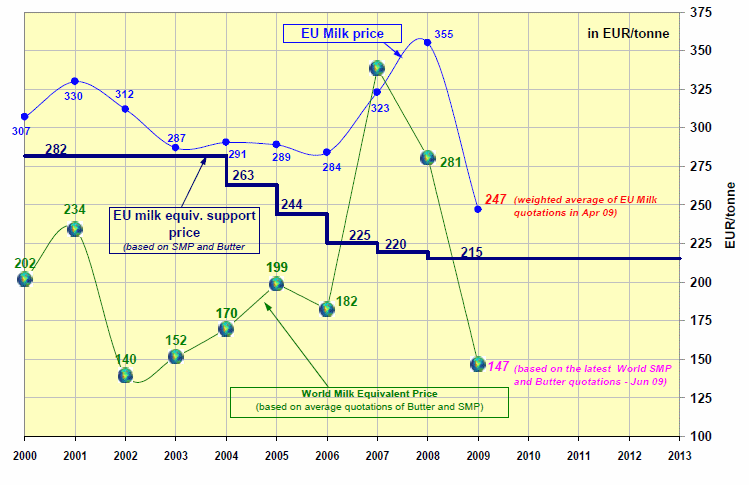In a recent report, the UK House of Lords European Committee criticised the European Commission’s proposals for the 2010 European Communities budget for maintaining a very high level of spending on agriculture, and failing to shift adequate resources to stimulus measures to aid economic recovery. It expressed frustration that, in the middle of an economic crisis, the proportion of the budget going to agriculture remained so large.
It identified a particular problem for the funding of the second tranche of the European Economic Recovery Programme. This was the stimulus package of €5 billion agreed in March 2009, of which €2.6 billion was to be funded from the 2009 budget and €2.4 billion from the 2010 budget.… Read the rest

